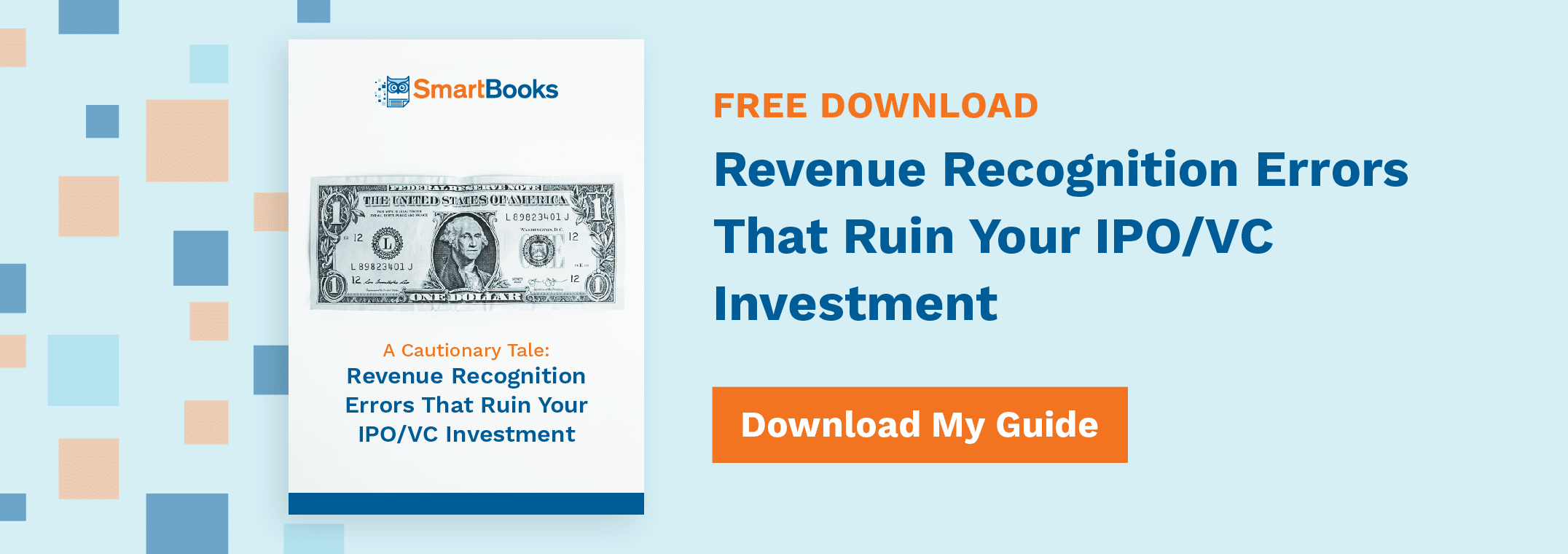A Checklist for Preparing to Sell Your Business

It’s easy to make mistakes when preparing to sell your business. The process of having a company change hands involves many complex steps, and if they aren’t followed exactly you may end up losing thousands of dollars.
Use this checklist to help sell your business and get what you deserve:
___1. Understand Your Reasons for Selling
When a business is for sale the first question on everyone’s mind is “Why?” It isn’t easy to build a profitable business. It takes time, money and passion. Your buyer will want to know, “Why are you walking away now?”
If the reason is your desire to retire or a loss of interest in the industry, be honest. If it’s because sales have been poor, you may have to put effort into increasing profitability before you offer it for sale. It’s another way to ensure you find the best person who will offer you what your business is really worth.
___2. Get a Business Valuation
You know what your business is worth. You’ve been keeping an eye on the books, making sales, and paying expenses all these years. But when you are selling an active business, you need an outside perspective.
A professional business valuation will examine your company’s position on the market, gauge its strengths and weaknesses, and provide an unbiased opinion on what your business is worth. You may disagree with the results, but you need to understand that this is the same evaluation your buyers receive. You’ll know where to make improvements. It also helps to know what sort of offers you can expect.
___3. Make Sure Your Records Are in Order
One of the most important things to do to ensure the smooth sale of your business is to put all your accounting and bookkeeping in good order. You need to be able to give your prospective buyer good records that show both income and expenses over a period of at least 3 years.
Buyers are more likely to notice discrepancies than you, and irregularities will damage their confidence in your business. Take time to get everything correct. Consider hiring professional help if necessary.
___4. Determine a Succession Plan
Developing a succession plan you can present to a buyer is an important step in selling your company. Create a future business plan. Share information about employees that will continue to work with high-priority customers, handle departments, and can manage other locations.
This helps establish your confidence in the buyer and will ease the transition. It’s also beneficial to your employees. They helped make the business successful and need to understand their jobs will remain secure while the company changes ownership.
___5. Decide if You Need a Broker
A business broker is someone who can facilitate the sale of your business and list it on marketplaces to which you wouldn’t have access. This service is often performed for a 5%-10% commission on the final sale price.
If you are selling the business to a former employee or family member, try to handle as much of the sale as you can on your own. You want to keep as much of the profit as possible. But it can take years to find the right buyer for your company. Your business broker can cast the widest net. For finding buyers quickly, this is a good investment.
___6. Pre-Qualify Buyers
Pre-qualify anyone who wants to make an offer on your business. It is all too easy to get excited, but most business purchases are financed at least in part by third-party loans.
Before you give anyone your secure information, make sure they have the means and the credit to finance the deal. Don’t be afraid to discontinue negotiations with anyone lacking the ability to pay what the business is worth. There are other buyers out there.
Selling your business is one of the most important things you will ever do. Use this checklist to ensure success.
